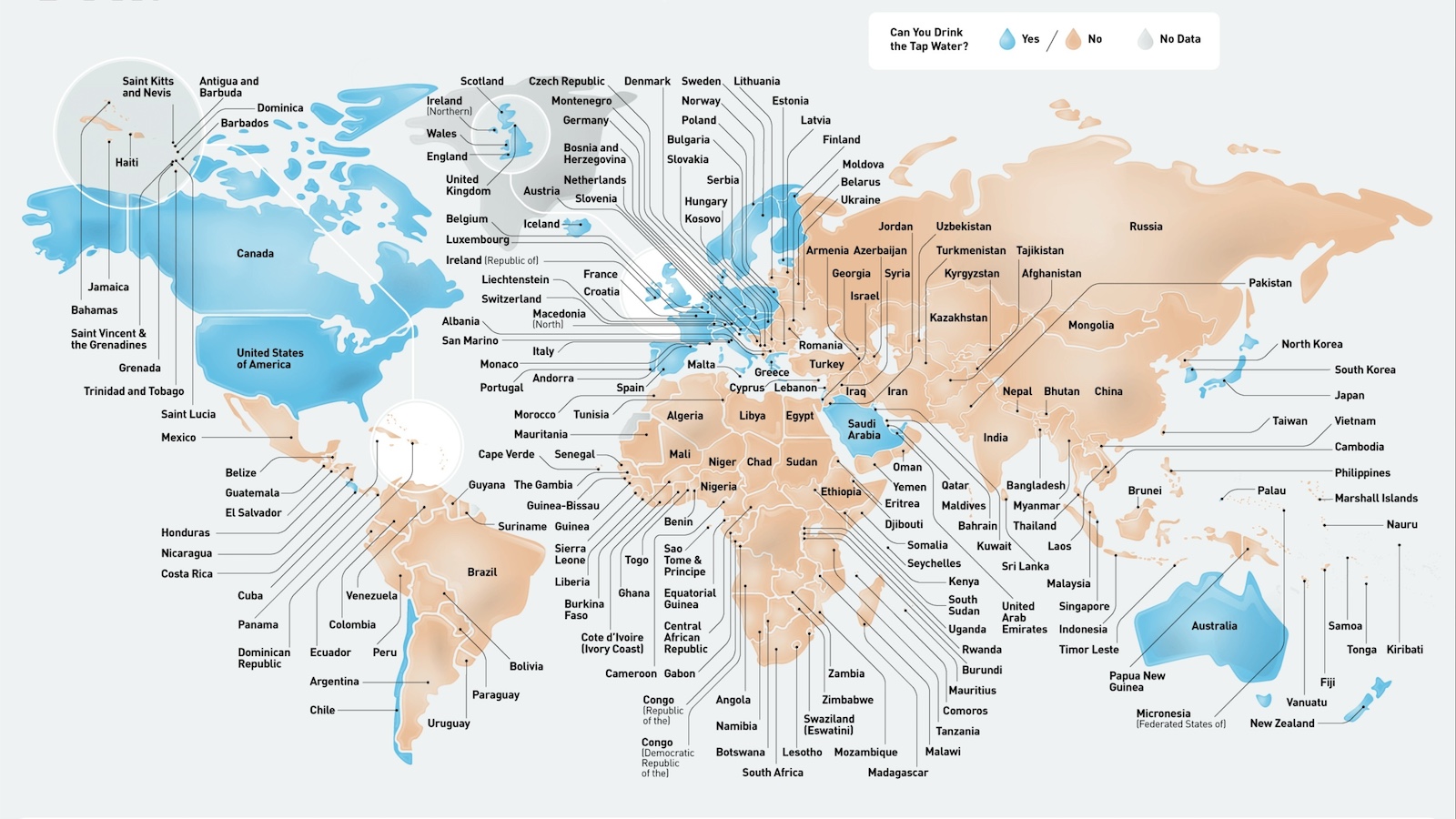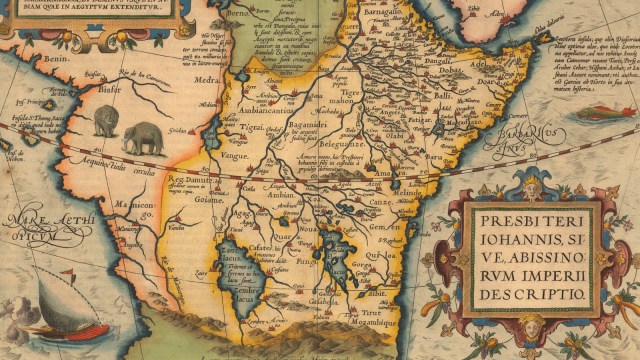453 – A Map of the World Anti-Spanking League
.  . Is spanking an acceptable way of disciplining children? . Opinions differ (1). Some consider it barbaric and a definite no-no, others think it merely old-fashioned but quite handy in case of a parenting emergency. A hard core of disgusted disciplinarians protest that the practice’s decline is why today’s youth lacks any respect for authority – and ultimately is one of the main causes for the Decline of Everything. . The ambiguity extends to the legal sphere. Many countries have outlawed corporal punishment in the classroom (2), while only a handful have done the same for parental correction of the physical kind. This map shows those countries on a world map, and amplifies their relatively small number by submerging all other countries (3). . I count 24 countries on this map. So, which are the members of the World Anti-Spanking League? .
. Is spanking an acceptable way of disciplining children? . Opinions differ (1). Some consider it barbaric and a definite no-no, others think it merely old-fashioned but quite handy in case of a parenting emergency. A hard core of disgusted disciplinarians protest that the practice’s decline is why today’s youth lacks any respect for authority – and ultimately is one of the main causes for the Decline of Everything. . The ambiguity extends to the legal sphere. Many countries have outlawed corporal punishment in the classroom (2), while only a handful have done the same for parental correction of the physical kind. This map shows those countries on a world map, and amplifies their relatively small number by submerging all other countries (3). . I count 24 countries on this map. So, which are the members of the World Anti-Spanking League? .
. Many thanks to Anna Chlebinska for sending in this map, found here on Infographics News. It was produced by Jonas Dagson, described on the site as a ‘legend of Swedish infographics’. The legend reads ‘Childrens’ Map of the World’ in Swedish. ————
(1) among adults; children are almost universally against. Two presidential opinions weighing in on the matter: “Don’t hit at all if it is honorably possible to avoid hitting; but never hit soft!” (Theodore Roosevelt); “You do not lead by hitting people over the head-that’s assault, not leadership.” (Dwight D. Eisenhower)
(2) corporal punishment in schools is illegal in almost all European countries (and almost never practised in the few remaining others). In the US and Australia, it is illegal in some states, but remains legal (if generally rather rare) in others. It is also illegal in Canada, Japan, New Zealand, but also in less ‘liberal’ regimes such as North Korea and China. It remains legal in large parts of Africa and Asia.
(3) submersion as a method of dramatising cartographic information is a popular, if controversial method. Previous examples posted in this blog include Wallonie-sur-Mer (#176) and Palestine’s Island Paradise (#270).
(4) ‘Nordic’ or ‘Scandinavian’? See comments #4, 7 and 9.





